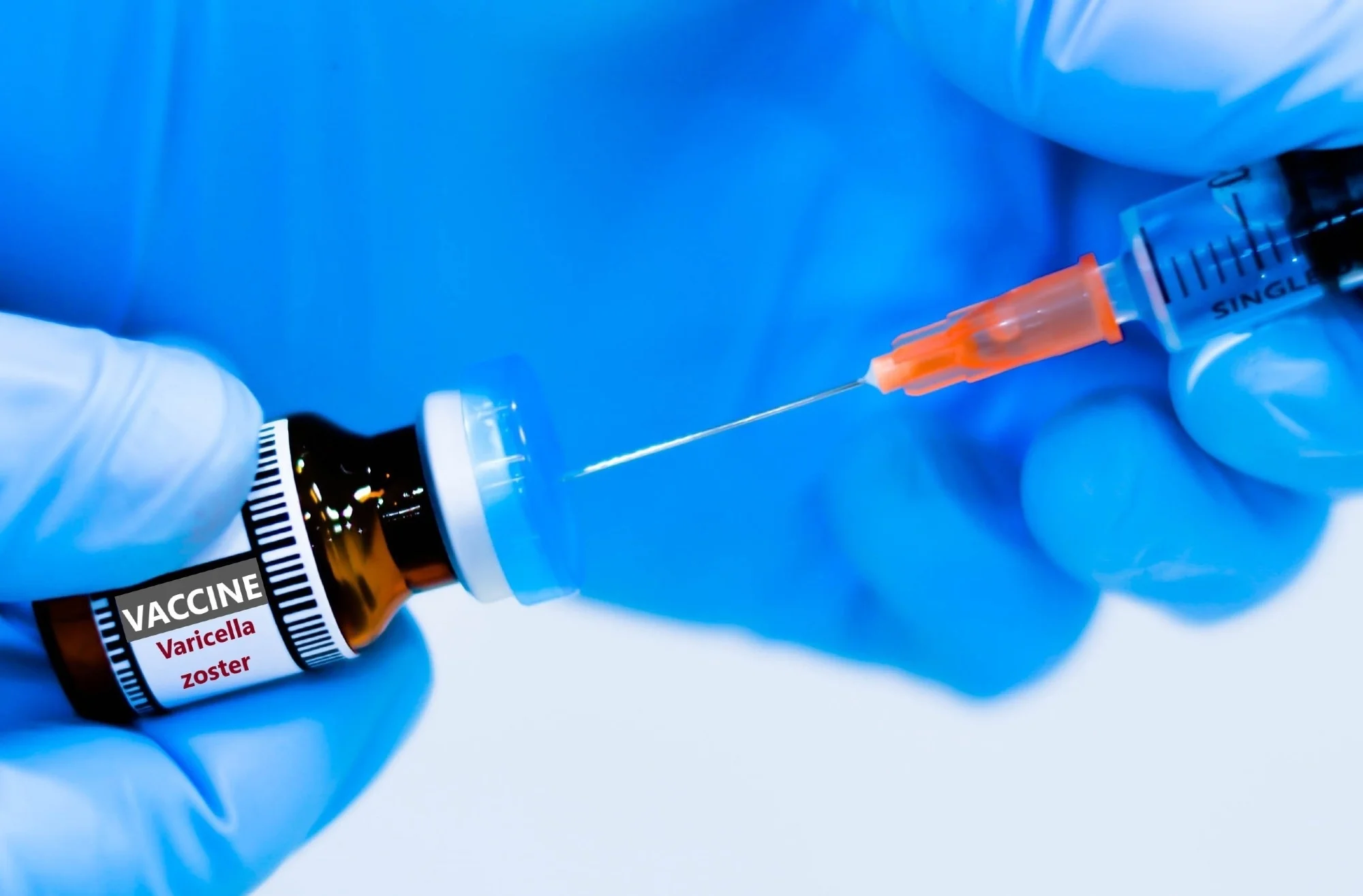Shingles, caused by the reactivation of the varicella-zoster virus, is a painful condition affecting nearly a million Americans annually. While vaccines like Shingrix are primarily used to prevent shingles and its complications, new research suggests they may offer an additional benefit—lowering the risk of dementia.
A recent study published in Nature reveals that individuals who received the shingles vaccine were 20% less likely to develop dementia. This finding contributes to a growing body of evidence linking certain vaccines, such as those for shingles, flu, and pneumonia, to a reduced risk of neurodegenerative diseases like dementia.
Natural Eligibility Cutoff Creates Unique Opportunity to Study Shingles Vaccine’s Impact on Dementia
To better understand this relationship, researchers leveraged a unique eligibility quirk in Wales. People born just before and after September 2, 1933, had different opportunities to receive the shingles vaccine, creating two similar demographic groups. Those born after the cutoff date were eligible for the vaccine, while those born before were not, allowing researchers to study the effect of the vaccine in a near-randomized way.
This approach helped eliminate confounding variables, such as socioeconomic status or healthcare access, which often skew observational studies. The results showed a consistent 20% decrease in dementia risk for vaccinated individuals.

Earlier studies had hinted at the connection between vaccination and reduced dementia risk, but were limited by the fact that people who choose to get vaccinated tend to be more health-conscious and have better access to healthcare overall.
These factors alone can contribute to a reduced risk of dementia, making it difficult to isolate the vaccine’s role. By using the natural cutoff in vaccine eligibility, the recent study overcame this limitation, providing stronger evidence that the vaccine itself—not just the lifestyle of those who get it—may be protective.
Exploring How Shingles Vaccines May Boost Immunity and Reduce Dementia Risk Significantly
Scientists are now investigating how a shingles vaccine could influence dementia development. One theory suggests that the vaccine might stimulate the immune system in a way that protects brain function or prevents the inflammatory processes often linked to neurodegeneration.
Additional support for this theory came from a 2023 study comparing the newer Shingrix vaccine to the older version. It found a 17% lower risk of dementia with Shingrix, suggesting the protective effect may vary depending on the vaccine’s formulation. Whether due to reduced viral reactivation or immune system stimulation, the vaccine’s potential impact on brain health is a promising avenue for future research.
The implications of these findings are significant, especially in the context of limited options for preventing dementia. Current treatments can only modestly delay its progression, making prevention crucial. If vaccines like those for shingles can reduce the risk of developing dementia, they could become essential tools in public health strategies aimed at combating this widespread condition.
As lead researcher Pascal Geldsetzer notes, this potential preventive effect may surpass that of existing dementia medications, offering new hope in the fight against cognitive decline.


